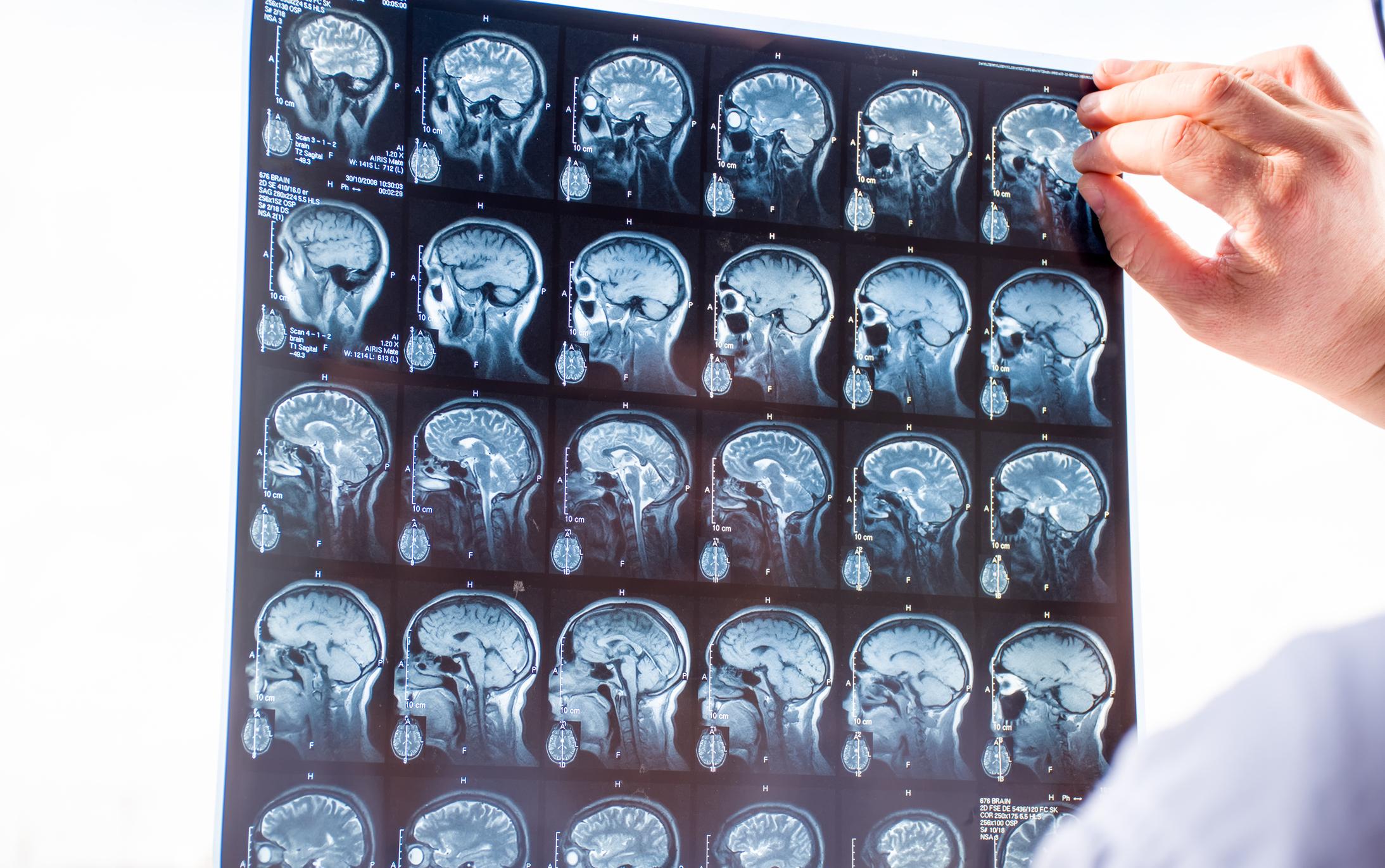In 2002, the World Health Organization (WHO) drew up a report *, reinforced by two European resolutions **, intended for the various States in order to encourage and promote the use of complementary or non-conventional medicine.
Why ?
Because they are used all over the world and their use continues to grow. It is therefore better to support their practice and their development, while trying to supervise it as much as possible. Many developing countries use natural (so-called traditional) medicine to meet their primary health care needs, because it is often the only therapeutic tool financially accessible to populations. In Africa, for example, we know that up to 80% of people use traditional medicine. More generally, it is estimated that allopathic medicine is only accessible to one in five humans worldwide. A medicine that is also developing in industrialized countries since in Europe and North America 50% of the population has used it at least once.
How? ‘Or’ What ?
Clinical trials, which have led to convincing scientific facts, are far from covering the field of all alternative medicine. Also WHO wishes to support further research to verify the harmlessness, safety of use of several practices and medicinal plants and put in place international protection regulations and rules. WHO is currently supporting, for example, clinical studies on herbal antimalarials, as well as research and evaluation of herbal treatments. plants against AIDS, anemia or diabetes mellitus.


















